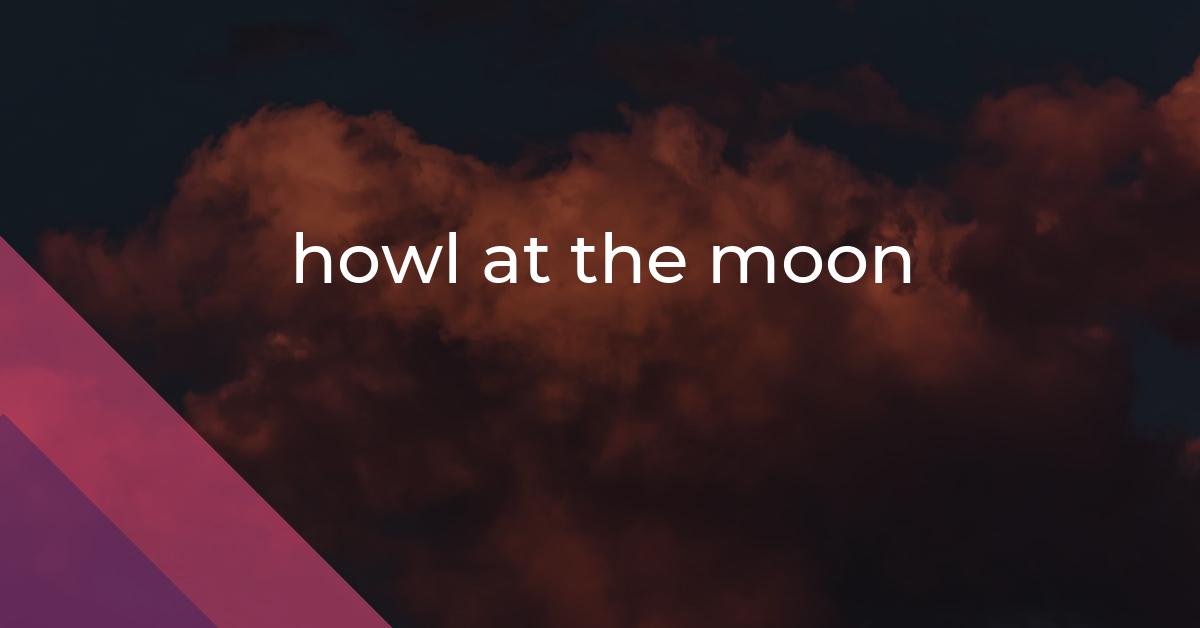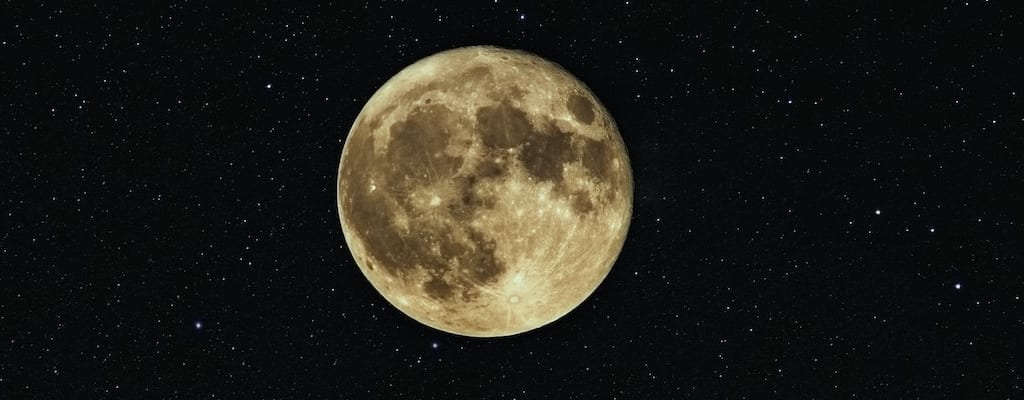howl at the moon: Idiom Meaning and Origin
What does ‘howl at the moon’ mean?
The idiom "howl at the moon" means to engage in futile or pointless behavior. It is based on the image of a wolf howling at the moon, which has no effect or purpose.

Idiom Explorer
The idiom "whistle in the wind" means to make an attempt or statement that has no result or impact, as the sound of a whistle is often carried away and lost in the wind.
The idiom "in vain" means to do something without achieving the desired outcome or result. It emphasizes the futility or lack of success in one's efforts.
The idiom "hiding to nothing" means to be in a situation where one is bound to fail or face certain defeat, regardless of the efforts made. It implies a futile or hopeless endeavor with no chance of success or favorable outcome.
The idiom "have the wolf by the ear" means to be in a dangerous or precarious situation, where letting go or holding on both pose a risk. It carries the idea of being trapped or caught in a difficult and risky position with limited options and potential harm.
The idiom "hang the moon" means to believe someone is capable of achieving the impossible or to think very highly of someone. It is often used to describe exaggerated admiration or infatuation.
The idiom "go wild" means to become extremely excited or enthusiastic, often losing control of one's behavior or actions.
The idiom "go to the dogs" means to deteriorate or decline, often used to describe a situation or place becoming worse in quality or standards.
The idiom "go to sleep" means to fall asleep or to begin the process of sleeping. It is often used to encourage someone to relax and rest, or to indicate that someone is not paying attention or is disinterested in a particular topic or situation.
The idiom "go nowhere fast" means to make no progress or achieve no results despite putting in a lot of effort or time.
The idiom "go nowhere" means to make no progress or to have no effect. It can be used to describe a situation, a plan, or a person's actions that are unproductive or leading to no meaningful outcome.
Unraveling Lunar Serenades
The idiom "howl at the moon" has a rich history and has evolved to represent a variety of ideas and emotions. Originally associated with the vocalization of wolves towards the moon, it now symbolizes unconventional expression and a breaking of societal norms. This idiom has become a powerful metaphor in art and literature, evoking a sense of freedom and emotional release. Over time, the negative connotations have shifted, and it is now often used in a lighthearted and empowering way.
The idiom "hang the moon" is closely related to "howl at the moon." It signifies someone who has an exaggerated sense of importance or self-worth. When someone believes they can "hang the moon," they believe they have an unparalleled ability or value. This idiom adds an extra layer of meaning to the phrase "howl at the moon," suggesting that the person engaging in unconventional behavior may also have an inflated sense of their own significance.
The idiom "cry wolf" is another expression related to "howl at the moon." It refers to falsely sounding an alarm or creating unnecessary panic or concern. When someone "cries wolf," they are exaggerating or fabricating a problem or danger. This idiom can be connected to "howl at the moon" in the sense that engaging in unconventional or excessive behavior may lead others to doubt the sincerity or validity of the person's actions.
Similarly, the idiom "ask for the moon" can be associated with "howl at the moon." It represents making an unrealistic or unreasonable request. When someone asks for the moon, they are asking for something that is unattainable or impossible. This idiom can highlight the irrationality or impracticality of engaging in unconventional behavior, suggesting that it may be just as unachievable as asking for the moon.
Lastly, the idiom "whistle in the wind" is also connected to "howl at the moon." It describes an action that has no effect or goes unnoticed. When someone "whistles in the wind," their efforts or actions are futile or wasted. This idiom can be used to emphasize the futility or lack of impact of engaging in unconventional behavior. It suggests that howling at the moon, like whistling in the wind, may not produce any tangible results or change.
The idiom "howl at the moon" holds a unique place in the English language, representing different ideas and emotions. From its origins in the behavior of wolves to its metaphorical use in human expression, this idiom captures the essence of wildness, freedom, and emotional release. Through its associations with idioms such as "hang the moon," "cry wolf," "ask for the moon," and "whistle in the wind," "howl at the moon" takes on additional layers of meaning, exploring concepts of self-importance, deceit, impracticality, and futility. In its entirety, this idiom embodies the complexities of human expression and the ever-evolving nature of language and communication.
Example usage
Examples of how the idiom "howl at the moon" can be used in a sentence:
- After a long day at work, Sarah likes to relax in her backyard and howl at the moon.
- Despite the warnings, John decided to quit his stable job and pursue his dream of becoming an artist - his family thought he was just howling at the moon.
- The politician's promises during the campaign seemed too good to be true - in the end, it was clear that he was just howling at the moon.
More "Expression" idioms



